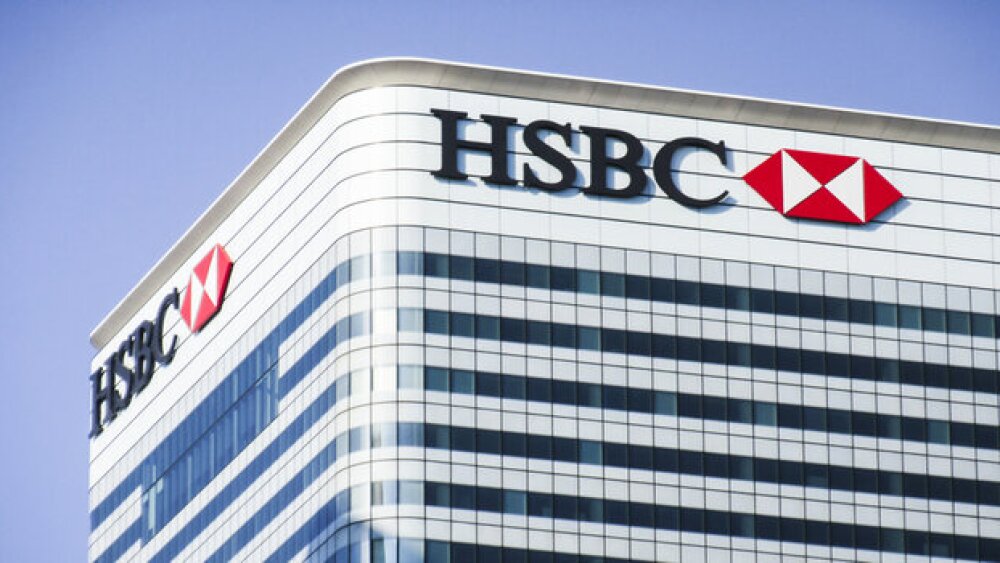Seed and Series A funding are set to drop this year as investors are looking for more advanced, less risky deals, according to an industry analysis from HSBC.
Pictured: HSBC headquarters in London/iStock, William Barton
Early-stage investments in the biopharma industry are set to drop by 40% in 2023 versus last year’s figures, and by 55% compared to 2021, according to a report from HSBC’s Innovation Banking division.
Venture capital funding is also on track to be lower this year, dropping by 30% compared with 2022 and by 45% versus 2021.
Seed or Series A funding for platform technologies has taken the largest hit, down by more than 50% from the last three years as financiers have started looking for more mature deals with clinical data or lead assets that are closer to the clinic. Funders also shied away from pre-clinical companies and preferred to support those working on well-established pathways instead.
Investments in the oncology space also dropped by around half as venture capital firms moved away from pre-clinical deals, instead saving their dollars for Series B financing rounds while they wait to see which of the early technologies “truly become first line opportunities,” according to the HSBC report.
Bucking this trend, however, are cell and gene therapies, which in the first half of 2023 secured the three biggest deals. In May, ElevateBio scored $401 million in Series D funding, the largest private haul this year, which it will use to further advance its gene editing, cell vector engineering, RNA and stem cell technologies.
A day earlier, ReNAgade Therapeutics launched with $300 million in Series A funds that will go into its all-RNA system, which includes a wide suite of delivery technologies and combines these with gene insertion, coding and editing functionalities.
California-based Metagenomi holds the third largest financing haul this year so far, counting $275 million in earnings when it closed its Series B funding round in January to advance its gene editing portfolio and support initial, non-human studies.
Other biopharma companies were also able to secure sizeable funding this year, including Upstream Bio’s $200 million haul in June to advance an investigational antibody to mid-stage trials in asthma and chronic rhinosinusitis with nasal polyps. Orbital Therapeutics, a spin-out from genome editing company Beam Therapeutics, also raised $270 million in a Series A round, which it will use to develop first-in-class programmable RNA therapies.
Orphan and rare diseases, particularly in the neurology space, also saw an increase in seed and Series A support after being largely overlooked in the past few years, according to the HSBC report.
Tristan Manalac is an independent science writer based in metro Manila, Philippines. He can be reached at tristan@tristanmanalac.com or tristan.manalac@biospace.com.






